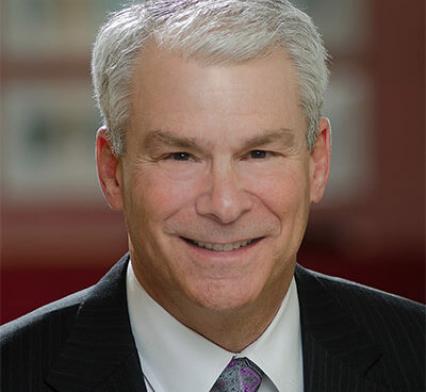How Do We Make Remote Work “work” For More Of Us?
It’s been seven months since the coronavirus pandemic led companies like mine, with white collar workforces, to shift to almost entirely virtual work. As much as we all want the world to return to “normal,” many of us are adapting to remote work – and liking what we see. Can we make it our next normal? Should we?
Twitter, for one, has answered an enthusiastic “yes” to both questions. According to a recent article in the Washington Post, Twitter is committed to allowing employees “to work from anywhere, forever.” They look toward a future in which fully one-half of their employees will work from home permanently, compared to 3 percent before the pandemic.
Twitter started experimenting with the idea in 2018, testing virtual meetings among employees in the same building but different rooms and figuring out ways to maximize the effectiveness of videoconferences. The WaPo article mentions “sign language systems and other rules for video conference etiquette.” (I don’t know about you but the idea of anything that would minimize inadvertent interruptions on Zoom calls sounds like the best thing since, well, Zoom itself.)
Many of us have witnessed firsthand the advantages of remote work, such as increased productivity and higher employee satisfaction (for at least some employees). In my company that’s been accompanied not only by above-target productivity but also record-setting satisfaction scores from the businesses and injured workers we serve.
At bottom, remote work gives employees the flexibility and autonomy everyone wants – and, at a time of pandemic, needs. (Especially those with school-age children.) And Twitter projects other advantages. They believe it will make it easier for them to hire a more diverse, distributed and affordable workforce from all over the country. As long as those workers have the skills and internet connectivity, it doesn’t matter where they are.
This is a rosy, but credible, scenario. And yet, it illuminates the need for all of us as CEOs and civic leaders to ensure that our communities are not left behind as our companies accelerate to this next normal.
We are in the midst of a broad societal reckoning with inequality of opportunity and embedded bias in our institutions and systems – even as we are reimagining the future of our companies. What a breathtaking chance to build a bridge to a society that maximizes opportunities for both the workers and employers of the future. If we are to realize the promise of work that doesn’t depend on location, it is incumbent upon us as leaders to ensure that we are creating an environment that will develop workers, from all backgrounds, who can participate fully in that promise. That means, among other things, advocating for policies that enhance internet connectivity, help build job-based skills for our youth, and incentivize employers to upskill their employees.
Looked at through this lens, the question is not “Should we make remote work the next normal,” but “How can we do so?” Let’s work on that together.
